An Unlimited Meat Supply?
July 2nd, 2020
5 minute read
Prepared folks know that having the skill or materials to raise or make something is worth more than having the money to buy it. That principle has been shown true this year, as panic buying has made even something as basic as toilet paper a scarce resource for many. Money is great — until you can’t find what you want to buy.
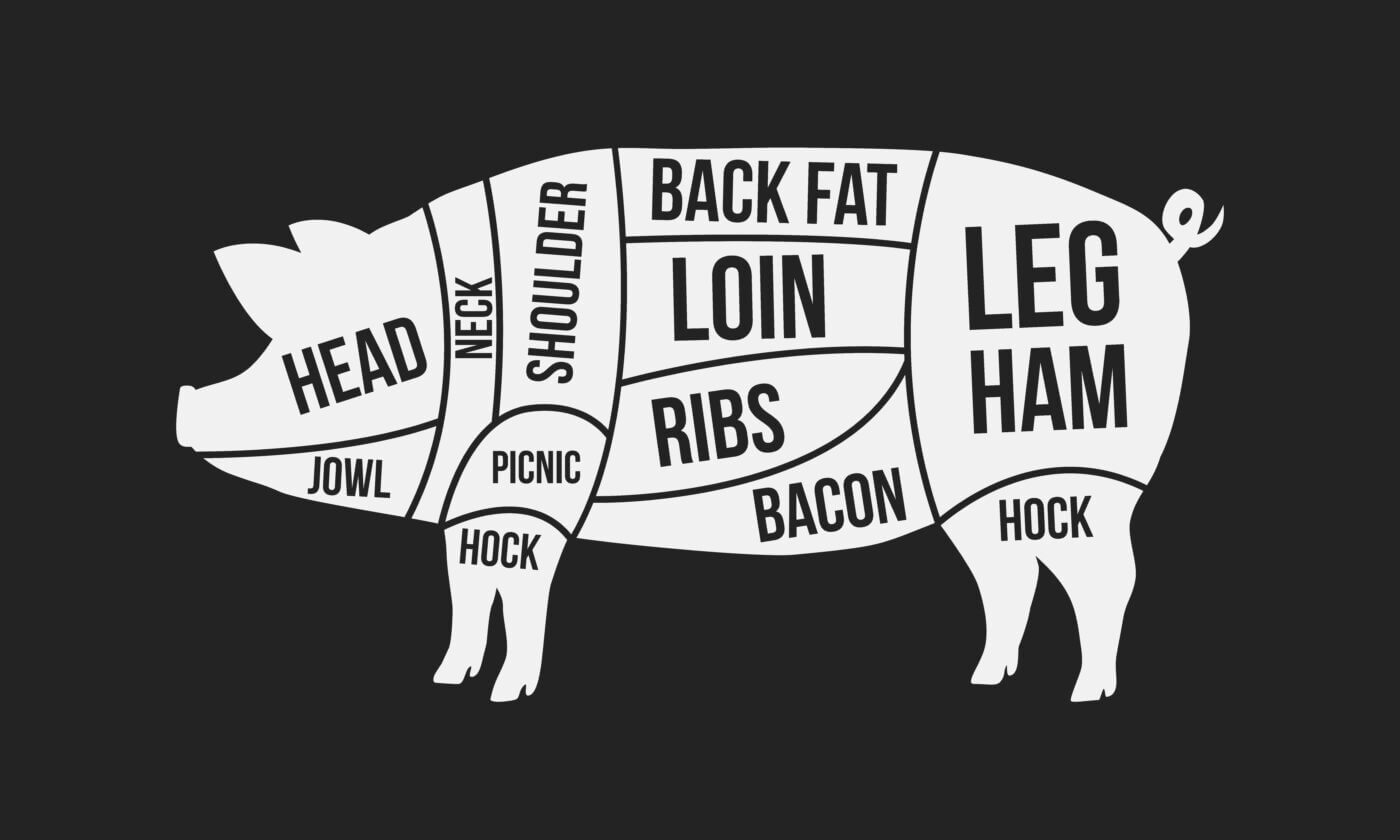
In rural areas, local small businesses and butcher shops can still provide meat even while larger urban stores are seeing a shortage, but you might be wondering how to bring meat home if you can’t buy it. That leads us back to the principle of being able to raise your own. If you’ve reached the point where you’re ready to start looking at raising your own meat, then let’s talk about what’s out there besides beef (as having your own cows requires a lot of infrastructure and a much larger commitment).
Chickens
You can get both meat and eggs out of chickens, making them incredibly versatile. If you’re in a suburban or even urban landscape, this is probably your only option; while many towns will let you have a few hens, they’re not going to be so understanding about Bart the beef steer. If you can also have a rooster, that means you have a self-perpetuating meat source. If you keep a staggered flock, with birds ranging from chicks to two-year-old birds, you’ll always have eggs and meat. Butcher the young roosters for meat and use the hens for laying until they stop — then throw them in a stew pot. You don’t need to raise separate meat chickens and layers, but you certainly can if you prefer the larger birds.
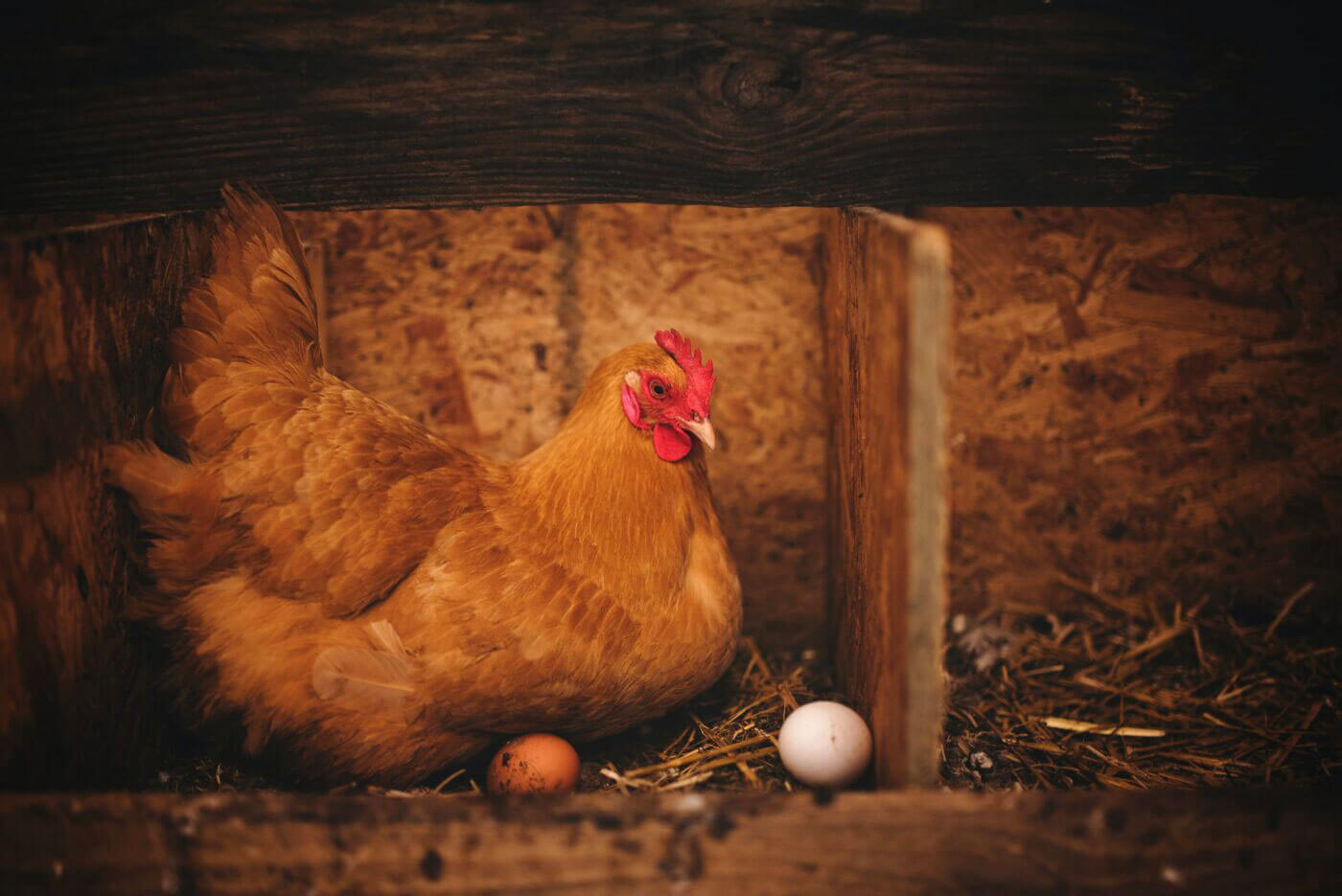
Rabbits
Rabbits are easy to raise and breed, and they can provide you with nearly unlimited meat. One buck and two does, with proper care, can make enough rabbits to let you feed your family and even have extra to sell or barter with. They’re simple and quick to process as well. Rabbit manure is also fantastic for your garden and doesn’t need to be aged first, providing you with excellent additions for your soil. However, be sure to diversify your meat source some as too much rabbit mean over the long term can be problematic due to its notably low-fat content relative to its remarkably high protein content.
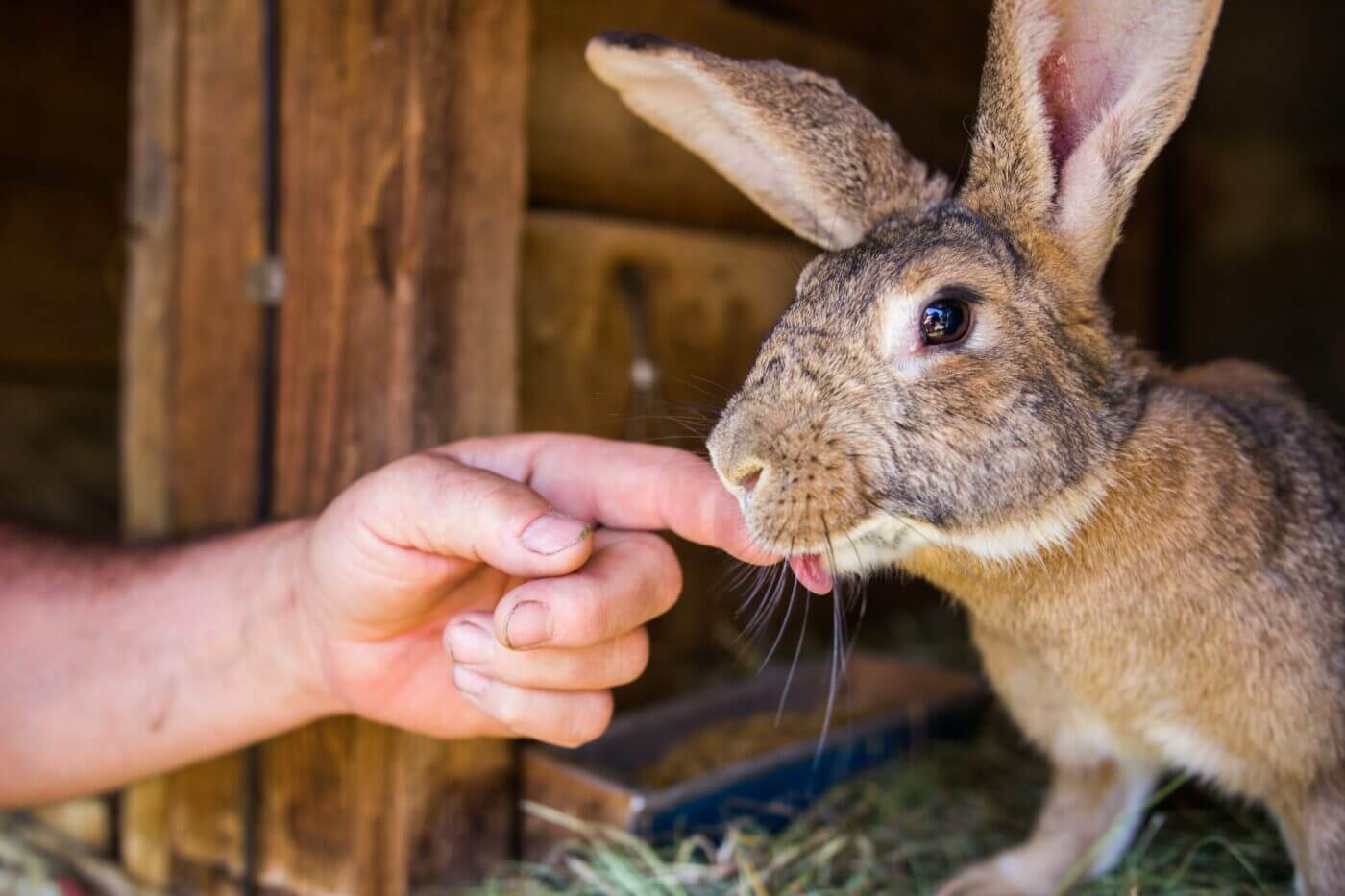
Goats
These amazing animals are perhaps even more versatile than chickens, but they require more space and are a bit harder to raise. Not only do they offer meat, but dairy breeds also provide excellent milk, which means a whole host of additional food products. In addition, their milk can be used in a wide variety of soaps, lotions and more. Goats are herd animals, so you’ll need at least two. Thankfully, they come in all sizes, and if a 200-lb. Boer meat goat doesn’t sound fun, then you can always opt for the smaller Nigerian Dwarf breeds, which still provide meat if necessary but are well-known for their creamy milk. We have been raising the Nigerian Dwarf breed for a few years now, and we find them sources of not only milk, but joy and fun as well.
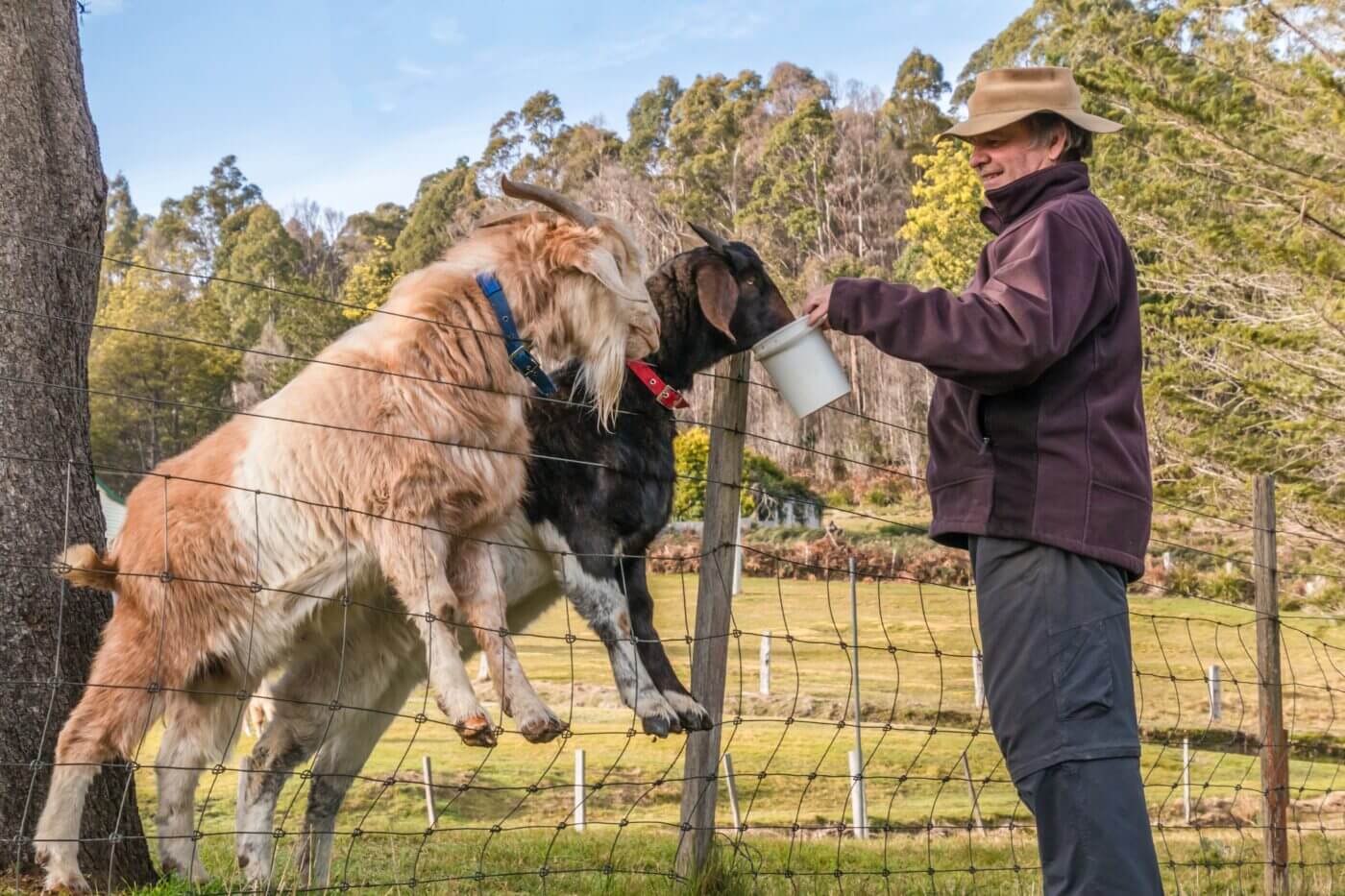
Pigs
Pigs are walking garbage disposals that are fairly easy to raise as long as you know how to handle them. Like goats, there are all different breeds and price ranges available. If you’re looking for something smaller and more manageable but still want good quality meat, take a look at Kunekune pigs. They’re friendly, easy to handle, and smaller than your average hog at only 100 to 200 lbs. as opposed to twice that for a regular sized animal — which admittedly means less meat than the full size. Kunekune meat, however, is premium quality. Kunekunes also graze like cows and goats, which means lower feed costs.
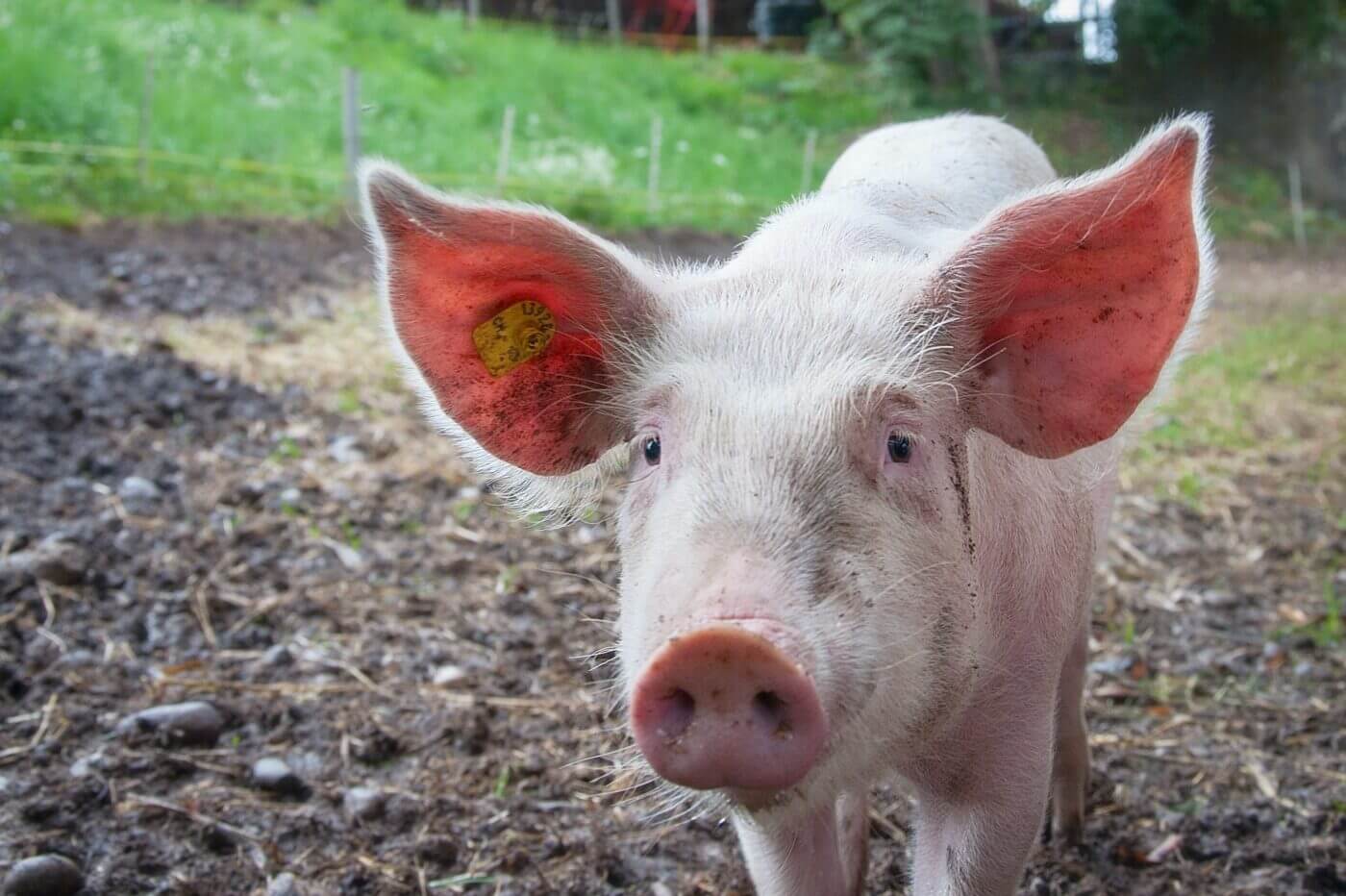
How to Get Started Properly
As with anything, if you’re going to do it, do it right. Understand your own situation, what you can reasonably raise based on your available land. Animals need more than food and water; they need medical care at times, preventive measures for parasites and disease, and they require a consistent schedule. If you have animals, leaving for a few days isn’t an option unless you make arrangements for them to be cared for in your absence.
Study the animal you choose to raise; decide on the right species for your family. There are books available for just about every type of farm animal there is, geared for the small homestead. Storey’s Guides are excellent resources for beginners.
Start small, but get the best quality animals you can on your budget. You’ll need good genetics, and a plan for how you’ll breed, raise and process them. Have their living space set up before you buy, and have an experienced person you can consult with questions and learn from.
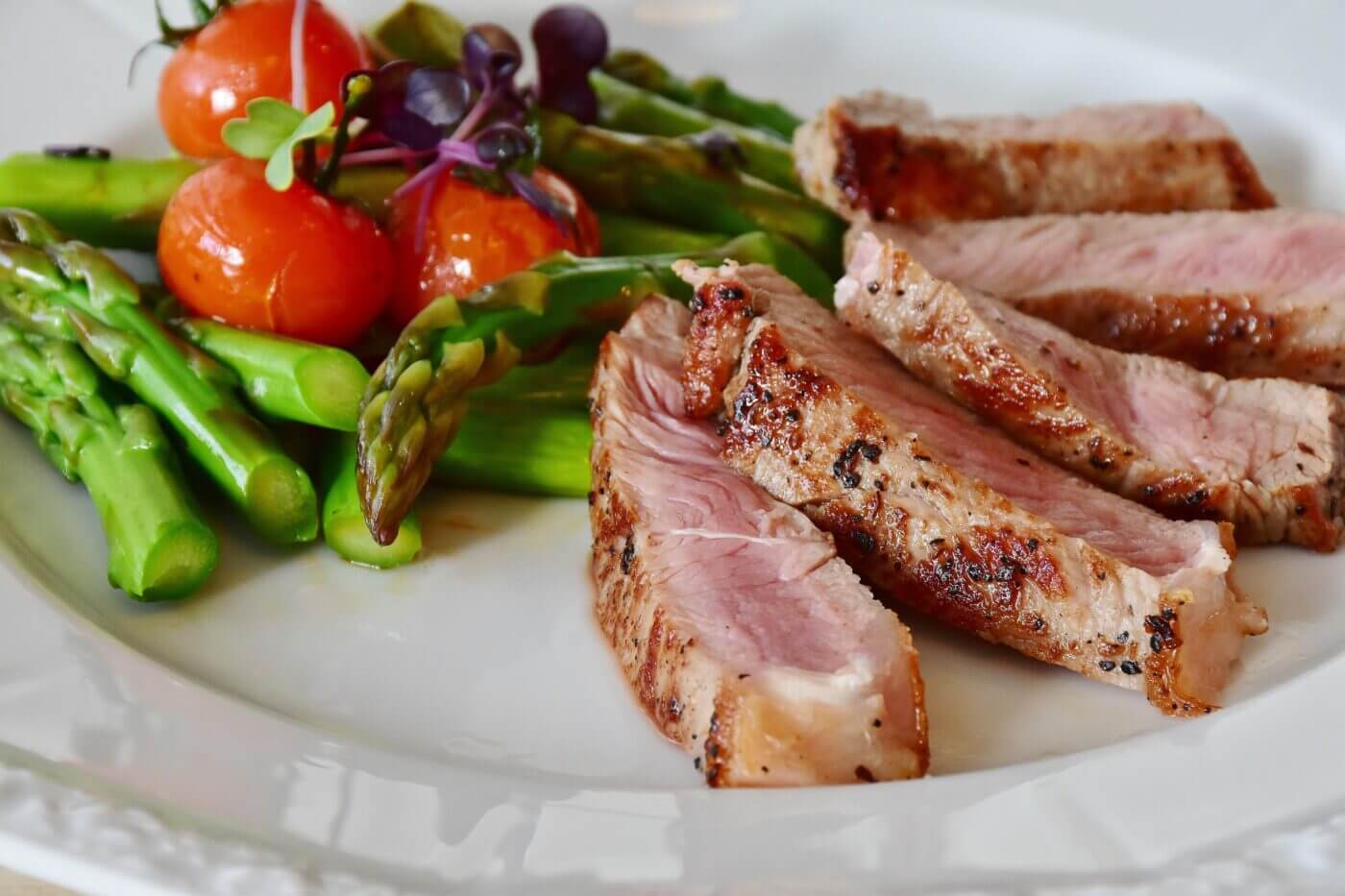
Raising your own meat is one of the most rewarding things you can pursue. Not only does it taste better than anything from the store, it will bring you that much closer to being ready for anything.
Editor’s Note: Please be sure to check out The Armory Life Forum, where you can comment about our daily articles, as well as just talk guns and gear. Click the “Go To Forum Thread” link below to jump in!
Join the Discussion
Featured in this article
Continue Reading
Did you enjoy this article?

 87
87







